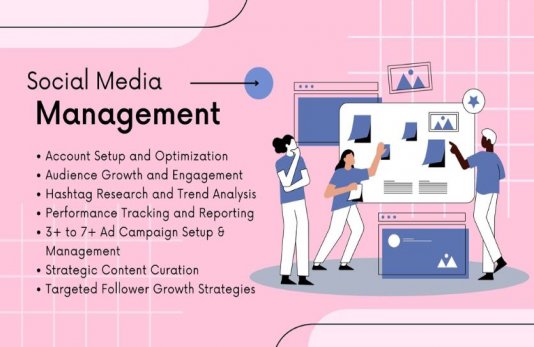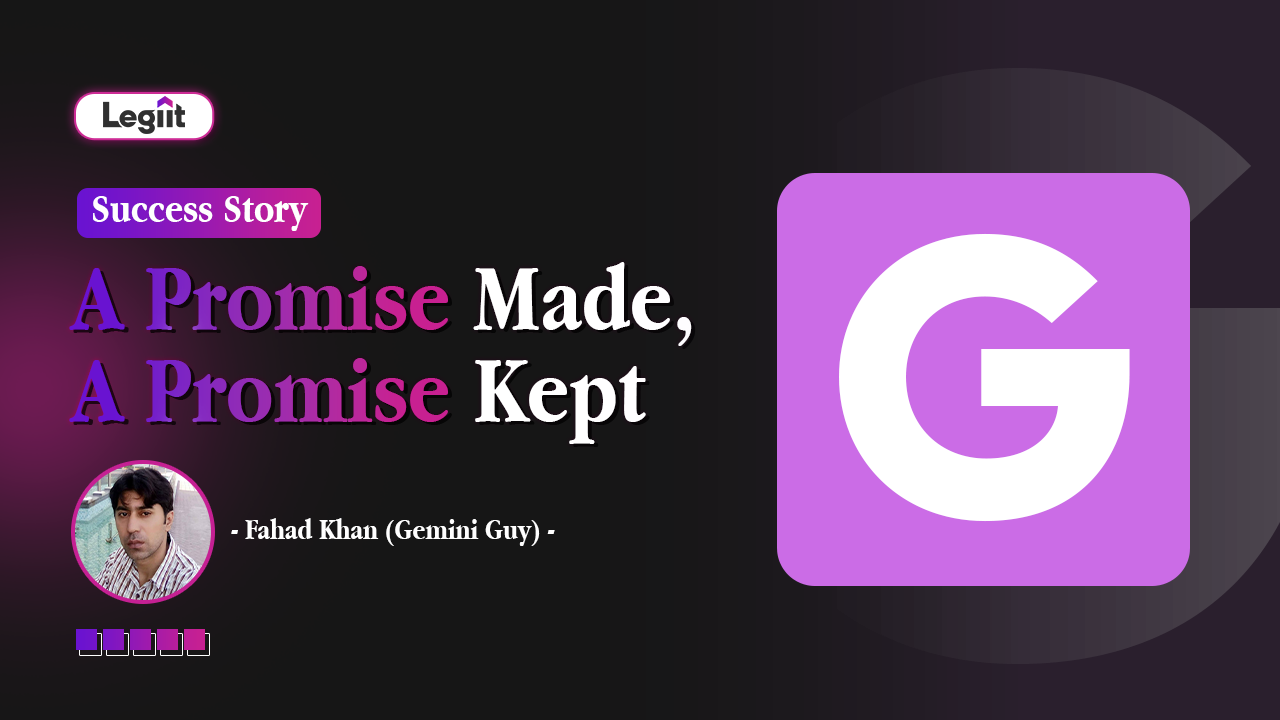Ranking in Google and other search engines doesn't have much value when you fail to convert them into sales. However, if you're targeting buyer-intent keywords, the chances of this conversion rise significantly.
That means you get one step ahead in connecting the potential customers looking for a product/service similar to yours.
But how do you find buyer intent keywords, or if said more specifically, what are these keywords? In this article, we are just about to break that down.
So, buckle up and dive into this article to learn how easily you can expand sales using these valuable keywords.
What are Buyer Intent Keywords?

Seems complicated? Well, let's get it in a more easy way.
For instance, someone wants to buy a lead generation tool for marketing purposes. And he is looking for service providers who can provide him with the best available tool within his budget range.
So he types on Google search, "Best lead generation tool of 2022" or "Buy lead generation tool monthly packages," and these are what we consider buyer intent keywords.
Simply said, consumer search queries relevant to buyer keywords mean they already have the general idea of the product/service they are looking for.
Therefore, there's no need to explain any product's/service's definition but to clarify why your brand is a good fit for their purchase.
Buyer Intent Keywords Examples

- Best [Product] for [purpose], i.e., Best Lead Generation Tools for Email Marketing;
- [Product] reviews, i.e., Albacross Lead Generation Tool Review;
- Where to buy [Product], i.e. Where to buy Albacroos Lead Generation Tool;
- Cheap [Product], i.e., Cheap Lead Generation Tool to Buy in 2022;
- [Product] on sale, etc., i.e., Albacross Lead Generation Tool on Sale;
These are some common buyer intent keywords examples, which indicate that every customer searching for these related searches is looking for a buying solution.
So, when you incorporate these keywords into your content and marketing strategies, it becomes easier for the clients to reach your solution too.
But are all the buyer keywords worth targeting? Of course not.
There are mainly two variations:
- High Intent Keywords;
- Low Intent Keywords.
Here's a detailed overview of them with examples,
High Intent Keywords Examples
High commercial intent keywords are primarily referred to as high intent keywords. These terms indicate a searcher's strong desire to make a purchase.
For example, if someone searches for "Buy Albacross Lead Generation Tool on Sale," it clearly implies that the person is ready to make the purchase.
Thus, this keyword can be considered a high intent keyword that is worth spending on paid ads as well.
Here are a few examples for identifying higher buyer intent keywords,
- Buy Lead Generation Tool for Email Marketing;
- Get the Best Lead Generation Tool on Sale;
- Top Lead Generation Tool of 2022, etc.
Essentially, terms like "get," "cheap," "sale," "best," "buy," etc., can be marked as a part of high purchase intent keywords.
Low Intent Keywords Examples
Contrary to high intent keywords, low intent keywords navigate to a more generalized search intent rather than a strong buying intent.In this aspect, customers like to search for informational keywords related to the product search keywords. For example, "Is Albacross lead generation tool worth it?"
This search term implies that the customer is trying to be assured of whether the service is worth purchasing or not.
And based on the search intent result, the customer might decide to make an instant or later purchase of the service, which reduces the possibility of the service being a guaranteed sell by that customer.
Therefore, it is considered a low purchase intent keyword.
Even the search term "free" is considered a low intent keyword as there's a clear indication that the visitor is looking for something free of cost.
Some examples of low purchase intent keywords include,
- Free email marketing tools;
- Is Albacross lead generation tool worth it;
- How do lead generation tools work, etc.?
Types of Keywords

Otherwise, it may be tough to incorporate the appropriate keyword for the right content, which can lead to increased traffic and revenue.
There are mainly four main types of keywords that include,
Navigational Keywords
Navigational keywords are used when someone is looking for a specific brand or website (e.g., "Nike store" or "Youtube").So, if someone inputs buying keywords on Google that says, "Get Albacross Lead Generation Tool for Sale," that's a navigational keyword.
Informational Keywords
When someone searches for general information about a topic, they employ informational keywords (e.g., "How Marketing Tools Work for SEO Strategy?").These keywords are likely highly competitive and less likely to generate revenue from a purchase.
Commercial Keywords
Commercial keywords are used when someone is comparison shopping or looking for the best deals to settle on his buying decision (e.g., "Albacross vs. Discover.ly - Which Lead Generation Tool Works Better?" or "Best Lead Generation Tool of 2022").Transactional Keywords
Transactional keywords are used when someone is ready to buy (e.g., "buy Microsoft Office 365 Yearly Package").Mostly, commercial and transactional keywords are relatively similar with a slight difference in terms of determining buying intent that are,
Commercial keywords persuade a buying decision, whereas transactional keywords execute that buying decision.
How to Find Buyer Intent Keywords

But the question is, how to find these buyer intent keywords?
While many still struggle to come up with good buying keyword ideas, it'll not really be a big deal for you if you can stick to a few research guidelines.
Following are some brief suggestions:
Identify Your Target Customer Needs and Pain Points
Understanding the needs and interests of your target audience is a critical stage in keyword research. It helps you in identifying the specific solution the buyer seeks through your product/service.For example, if you sell an Instagram marketing tool, a potential customer might search for "Best instagram marketing tools to help find ideal audiences."
In this case, their pain point is to get an Instagram marketing tool that can help to reach ideal audiences for their niche.
This makes it a top keyword to focus on in your marketing campaigns.
So, think about what terms your target audience would search for if they were looking for a product or service like yours. What words would they use to describe their pain points?
It will eventually help you brainstorm a list of potential buyer intent keywords.
Use a Keyword Research Tool
Once you have identified some general buyer keywords based on what your customers are looking for, it's time to sort through them to locate the high intent keywords.
It means you'll need to narrow down a list of search terms with high search volume and low difficulty. In this instance, it's better to employ a keyword research tool like Google Ads Keyword Planner.
This will help you reach potential customers at the right stage in their buying journey as well as outperform your competitors on the search engine results page.
Explore Several Keyword Types
Only looking for commercial and transactional keywords won't do you any good if you have no informational content relevant to those keywords.That's why it's also critical to compile a list of informational and navigational keywords that tell your customers how your product/service can best serve them with solutions.
Now there can be several types of keywords that a customer may search for, including,
- Research Keyword
These keywords are fully informative since they teach the buyer about how your goods can be of great value in solving their specific problem.
- Comparison Keywords
These keywords are primarily intended to compare your goods with those of your competitors, elucidating how your brand may bring significant value to the buyer.
- Risk Reduction Keywords
Terms like "Return Process" or "Guarantee" are considered risk reduction keywords that indicate a user wants to ensure the reliability of getting a refund, return, or replacement for the goods they buy.
You may also target these keywords as they frequently lead to consumer conversions on the same page.
- Additional Value Keywords
Search queries like a discount, coupon, sale, etc., are some additional value keywords that give the customers the advantage of purchasing your goods on the best pricing deal.
- Google Search Queries Suggestions
Google Search Suggestions are the terms that appear when you start typing a query into the search bar.
These terms, which are based on previous searches, can be a good way to uncover keywords with high buyer intent.
- Monitor Google Analytics and Search Console Keywords
Google search console and analytics are the two best tools that provide you with keyword suggestions that your website visitors use to find you.
Many times, the target keyword you selected to rank your content does not serve as the main keyword. Instead, Google finds a relevant keyword within your content that your target audience searches for and uses to visit your website.
These terms make it simple to track and identify prospective buyer-intent keywords.
- PPC Keywords
Buyer intent keywords are the key to effective PPC campaigns.
Therefore, by looking at your competitor's AdWords campaigns, you can get an idea of which keywords they are targeting and how successful those keywords have been for PPC campaigns.
Then you can better understand what PPC keywords are most likely to convert.
Eliminate Low Purchase Intent Keywords
You need to target keywords with high purchase intent to improve the chances of making a sale. These are the keywords that people use when they're ready to buy something.Eliminating low purchase intent keywords from your campaigns will help you focus on the most promising prospects and improve your ROI.
Customer Surveys
Asking your customers what they want is a great way to determine which specific keywords you should target.By surveying your customer base, you can get source-relevant buyer keywords and use that information to improve your marketing strategy.
Buyer Intent Keywords: Frequently Asked Questions

What are intent keywords?
Intent keywords best describe a user's intention behind searching that specific keyword. That means it indicates what solutions the users are looking for.So, it is crucial to choose intent keywords that effectively represent the content on your website or blog for solving your customers' problems.
What are four types of keyword intentions?
There are four types of keyword intentions:- Informational,
- Commercial,
- Navigational,
- Transactional.
Each type of these keywords has a different purpose, and understanding which kind of keyword your customers are using can help you better target your marketing efforts and retain sales.
What are high intent keywords?
High intent keywords are likely to signal that the user is interested in making a purchase. For example, words like "buy," "order," or "purchase" are high intent keywords. If you're targeting these keywords, you can ensure that your ads reach people interested in what you're selling.How do I find intent keywords?
The best way to find intent keywords will vary depending on your business and target audience. However, a few general tips can help you get started.- Think about the overall goals and objectives of your business. What are you trying to achieve? What kind of keywords will help you reach those goals?
- Think about who you want to reach. What are their wants and needs? What kind of search terms will they use?
- Finally, conduct some research. To find out which keywords your target audience uses most frequently, employ keyword research tools.
Final Thoughts
If you're looking to drive more sales and increase your conversion rate, there's no better way than targeting buyer intent keywords.
Although it may need a little extra effort and careful analysis, the result will be worthwhile.
You can produce content that speaks to your audience's needs and motivates them to act if you know what they are looking for.
So start your research today and see how you can begin to use buyer intent keywords to boost your business.












 Download
Download